Web2 vs Web3: The Evolution of Applications🤖
 Sameer Vishwakarma
Sameer Vishwakarma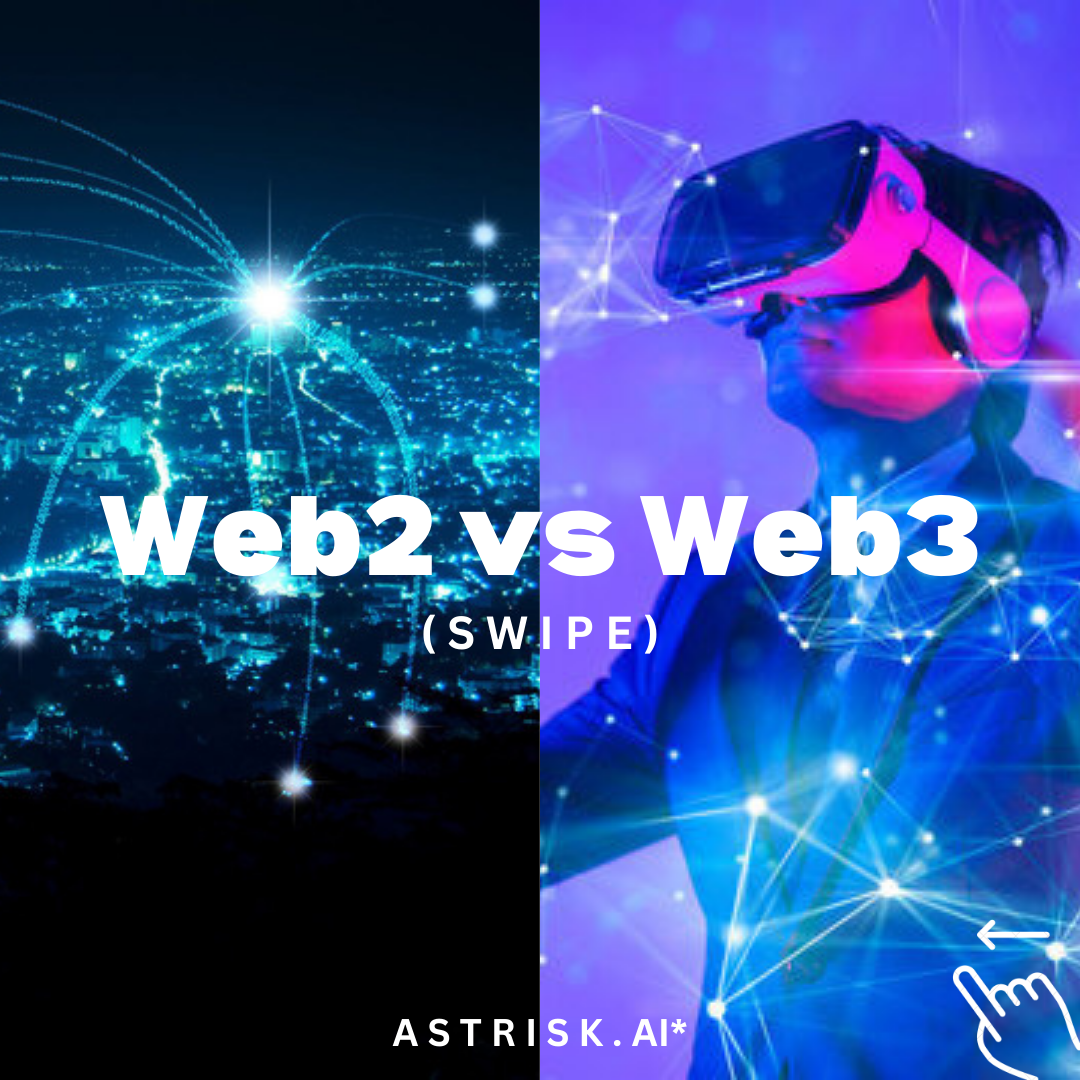
Introduction:
The internet has come a long way since its inception. From static HTML pages to dynamic web applications, the evolution of the internet has been remarkable. From Web2 to Web3 but what does that mean? These terms refer to different stages of the internet's development. Web2 is the internet we know today, with popular sites like Facebook, Amazon, and YouTube. It's focused on content creation, social media, and e-commerce. On the other hand, Web3 is a new, more decentralized version of the internet that's built on blockchain technology.
So, what does this mean for you? Well, Web2 has brought us many applications that we use every day, like social media, e-commerce, and content creation platforms. Meanwhile, Web3 is still in its early stages, but it has promising applications like decentralized finance(DeFi), non-fungible tokens(NFTs), and decentralized applications(DApps).
However, if you're interested in exploring a more secure and decentralized internet, then Web3 is worth checking out. While it's still in its early stages, Web3 has promising applications like decentralized finance and non-fungible tokens that are built on blockchain technology. The decentralized nature of Web3 also means that your data and privacy are better protected.
Aim:
In this Blog, we will be talking about the comparison of Web2 applications and Web3 applications.
The internet has undergone significant changes over the years, and these two terms represent different stages of its development. Web2 refers to the current version of the internet that we all know and love, while Web3 is a new and more decentralized version of the internet built on blockchain technology.
So, whether you're a tech enthusiast or just curious about the future of the internet, this blog is for you. Let's dive in.
Applications of Web2 vs Web3:
Spotify vs Audius
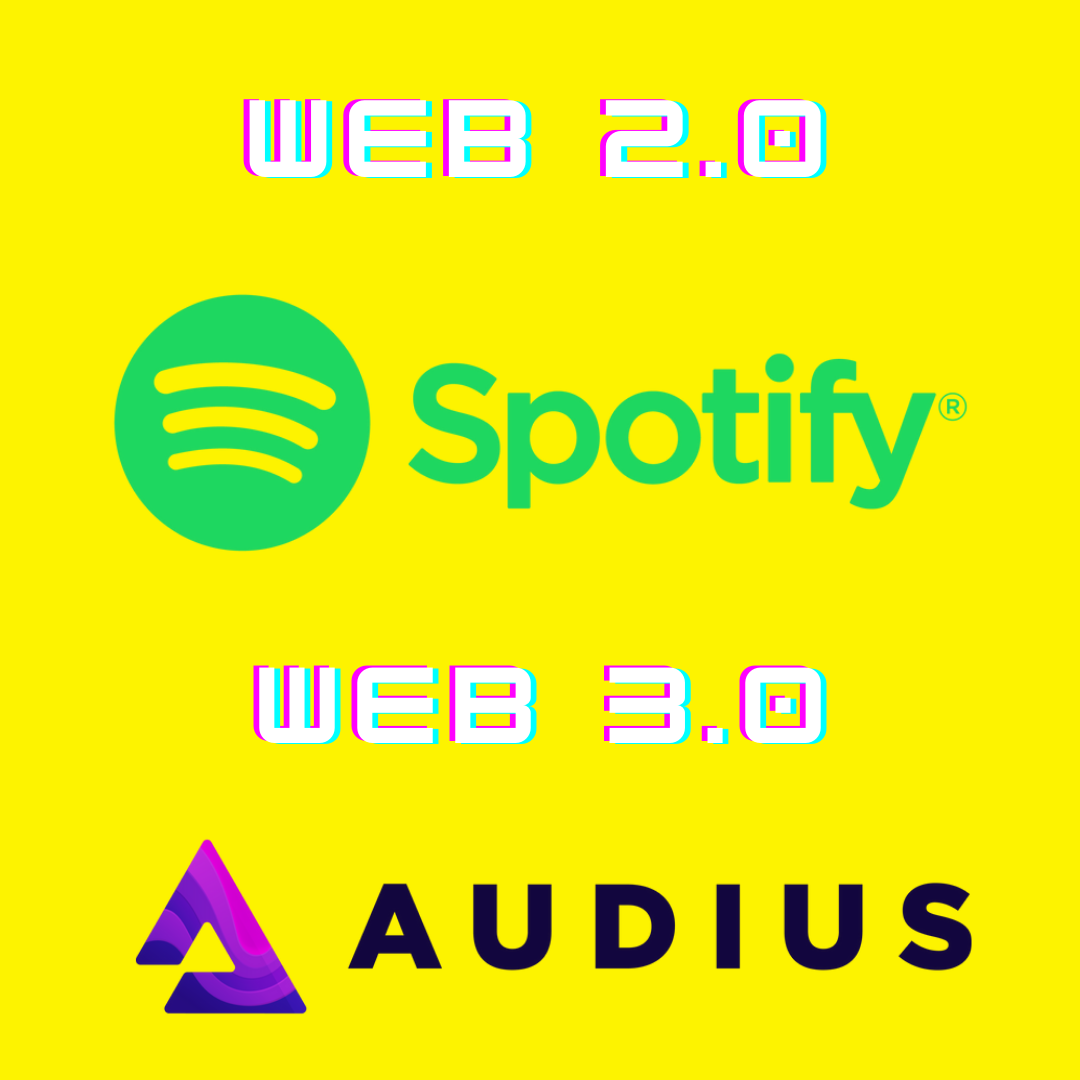
Google vs Presearch
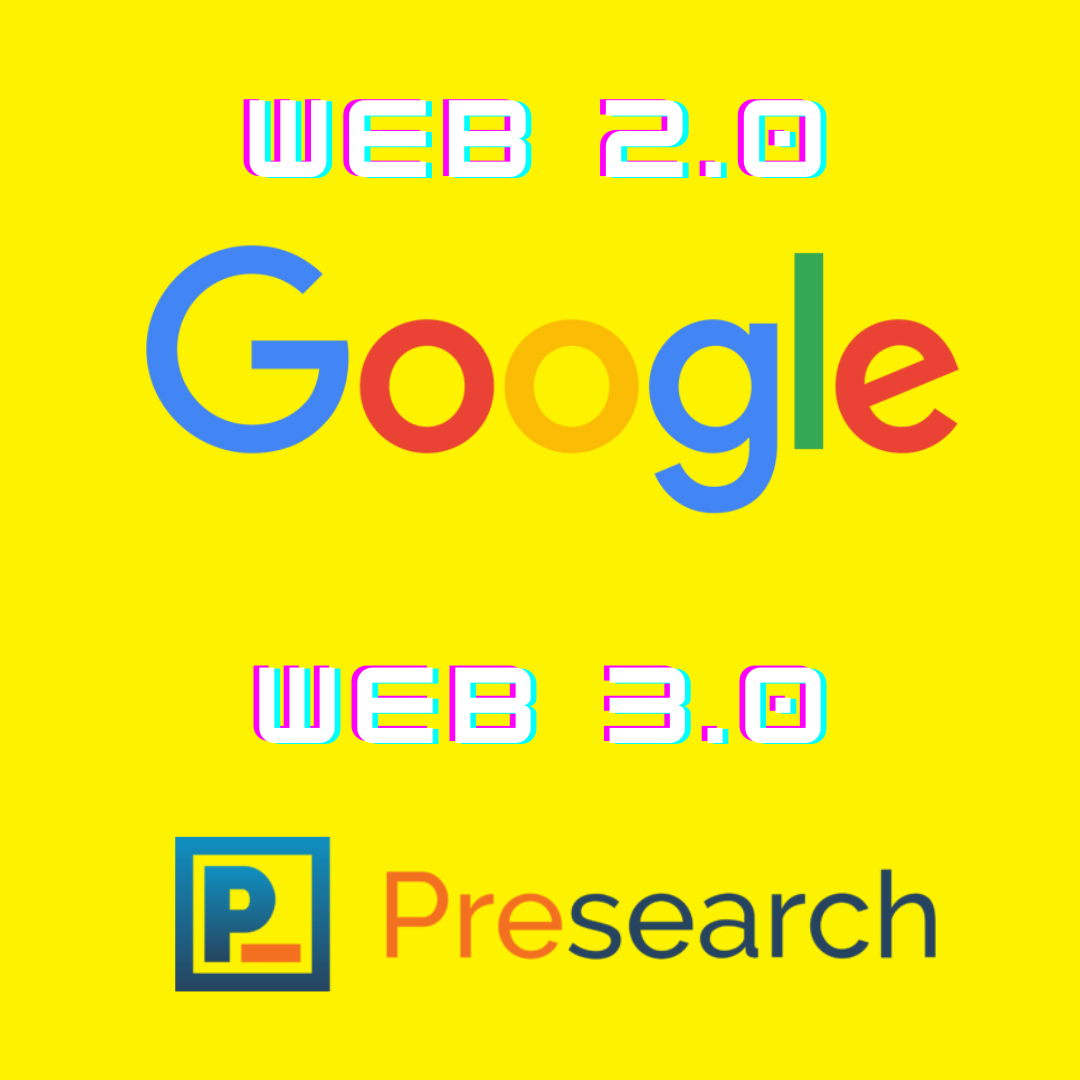
Linkedin vs Braintrust

Chrome vs Brave
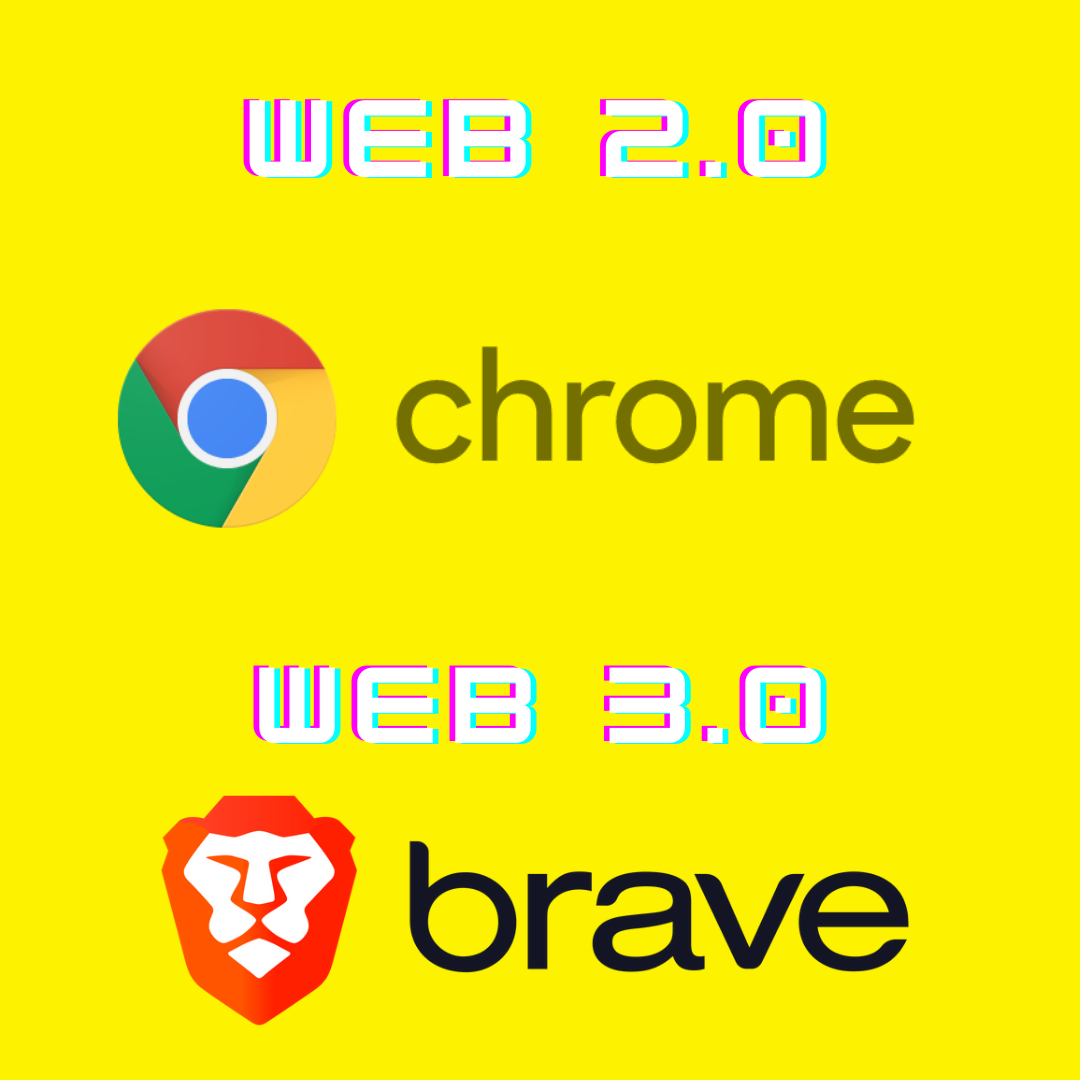
PayPal vs METAMASK
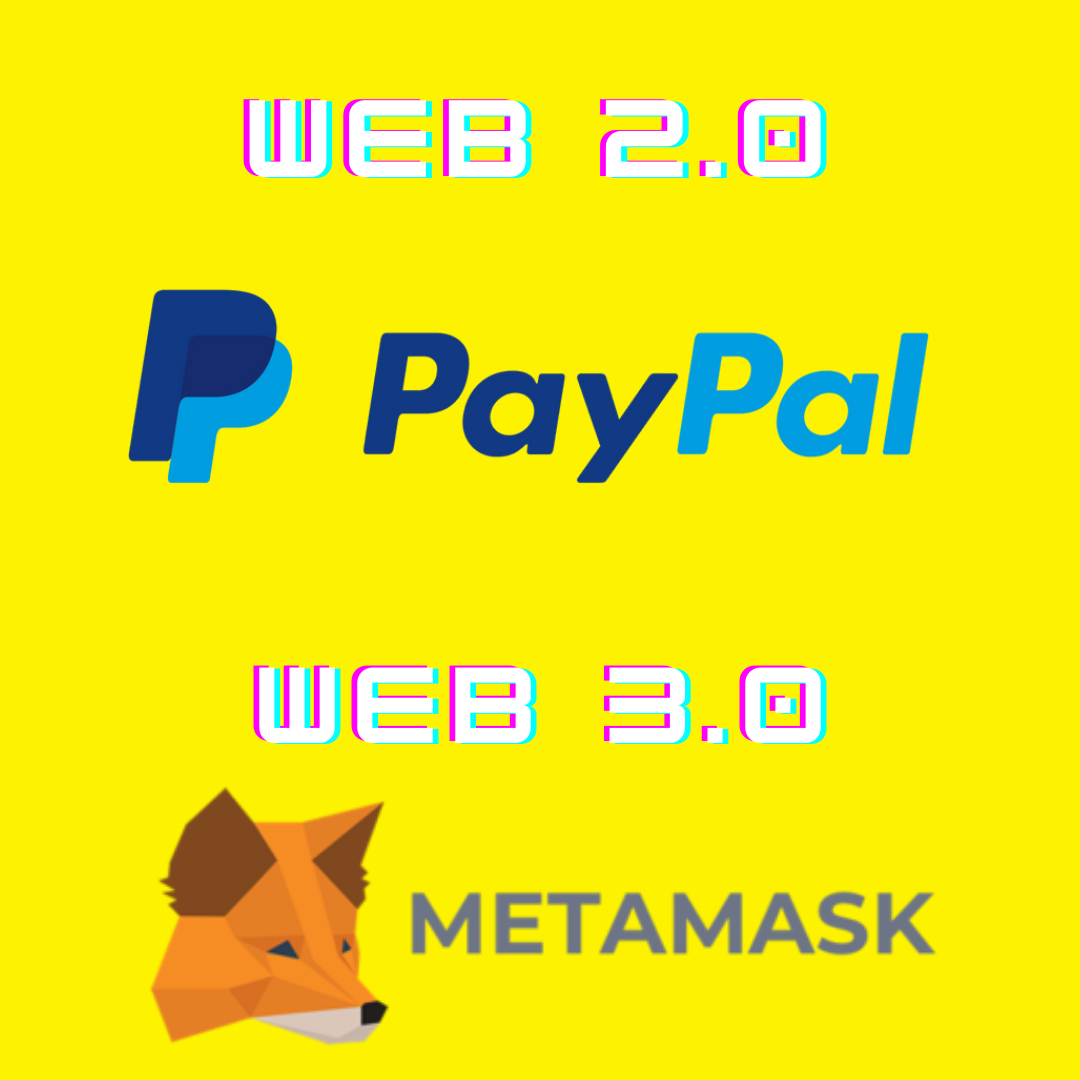
WhatsApp vs STATUS
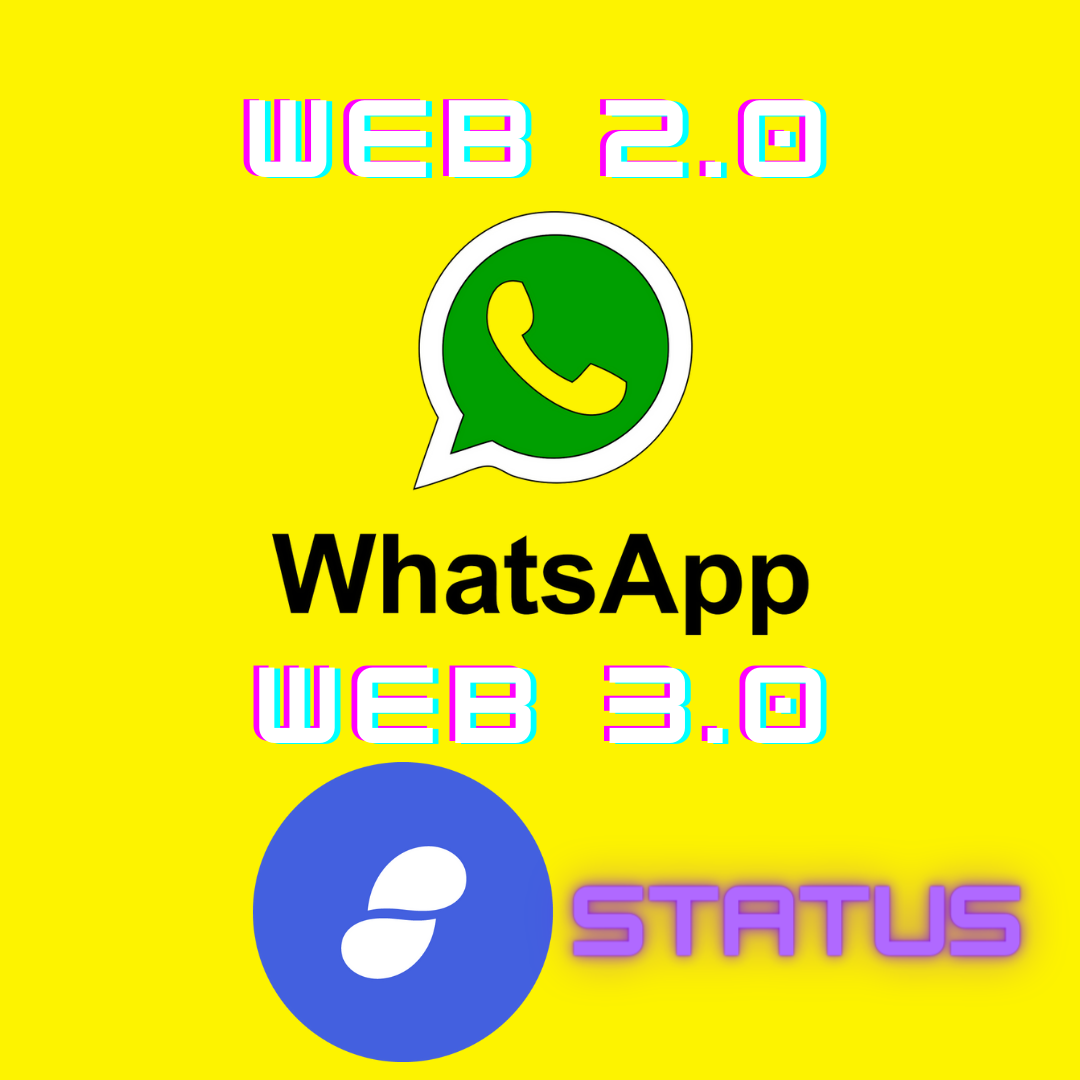
Difference between Web2 and Web3 applications:
| Web2 | Web3 |
| 1. PayPal | 1. METAMASK |
| 2. WhatsApp | 2. STATUS |
| 3. Spotify | 3. Audius |
| 4. Google | 4. Presearch |
| 5. Linkedin | 5. Braintrust |
| 6. Chrome | 6. Brave |
Conclusion:
Ultimately, both Web2 and Web3 have their advantages and disadvantages, and it's up to you to decide which one fits your needs. Whether you prefer the traditional internet or the new decentralized internet, there are plenty of options available for you to explore.
Subscribe to my newsletter
Read articles from Sameer Vishwakarma directly inside your inbox. Subscribe to the newsletter, and don't miss out.
Written by

Sameer Vishwakarma
Sameer Vishwakarma
Just an everyday individual driven by a desire to create a remarkable impact in tech.